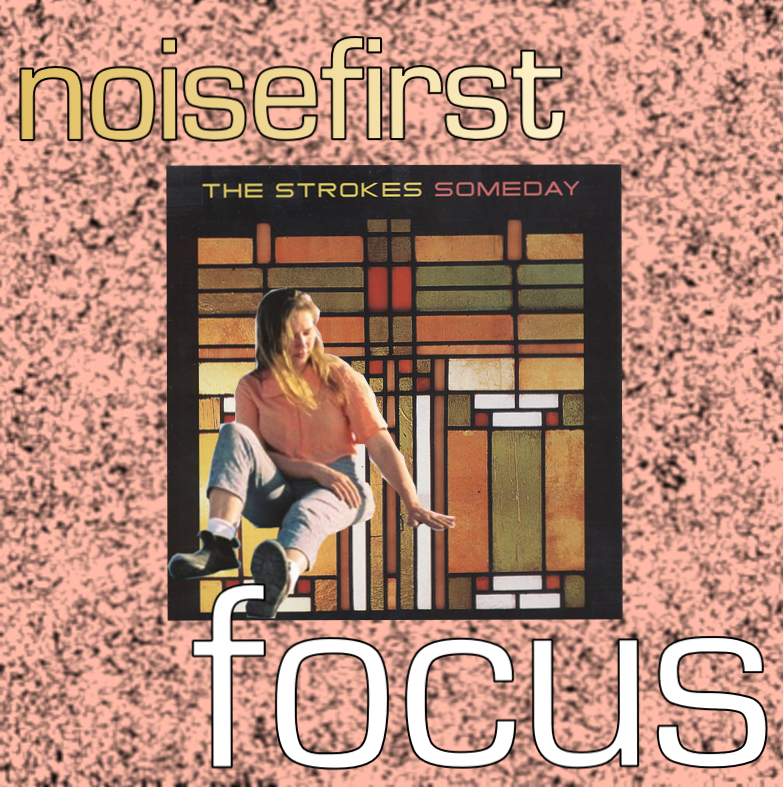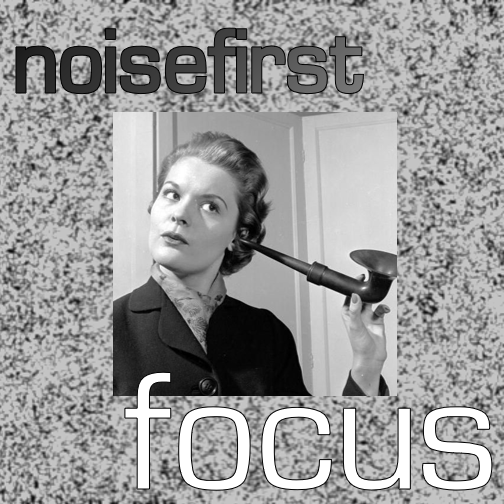Last Updated on 27/10/2022

“All I wanna do is…. and take your money.” Did you fill in the sound effects? Of course you did. With a staggering 364,363,537 Spotify streams, M.I.A’s Paper Planes was one of the defining tracks of the 2000’s. And yet ironically, you’d be doing pretty well to find someone who actually understands the song’s (deeply political) message: a satire on the Western perception of immigrants, or in Matangi’s own words, a ‘spoofy song’ on the ‘stereotype attached to immigrants – that they come and take the jobs and take the money’.

I don’t mean this to sound condescending, as up until a few days ago I too was oblivious to this fact. It was only after watching Steve Loveridge’s 2018 documentary ‘Matangi/Maya/M.I.A.’ that the purpose of the track became apparent. In fact, it was only after watching Loveridge’s film that any of M.I.A’s activism was revealed to me. I’m sure there’ll be people reading this who have more of an awareness than I ashamedly did, but for those who, like me, were only vaguely aware of M.I.A. as a hip hop artist with occasional chart hits, this documentary is a shocking revelation of our ignorance.
Paper Planes is by no means a one off dabble in politics – it’s emblematic of Matangi’s entire musical career, which from its very beginnings has always been inextricably linked with her activism.
Born in Hounslow in 1975 to Tamil Sri Lankan parents, M.I.A. and her family moved to Jaffna, northern Sri Lanka, when she was 6 months old. As the minority ethnic group of Sri Lanka, Tamils constitute roughly 10% of the population, compared to the 80% majority Sinhalese, and have been historically discriminated against. The Sinhalese gained administrative power following Sri Lanka’s independence from Britain in 1948, and began a programme of legislative discrimination against the Tamils, with the Ceylon Citizenship Act of 1948 denying them citizenship and the Sinhala Only Act of 1956 declaring Sinhalese Sri Lanka’s only official language. Non-violent calls for an independent Tamil state were consistently ignored, with an amendment to the constitution even prohibiting peaceful advocacy of independence.
In 1983 a civil war erupted between the Liberation Tigers of Tamil Eelam, who desired an independent Tamil state in the North, and the Sinhalese-majority Sri Lankan government; an incredibly brutal conflict on both sides, the war continued until 2009, resulting in the highest ever number of “disappeared” peoples outside the Iraq war, with hundreds of thousands of civilians murdered without a trace. M.I.A.’s father was heavily involved in the Tamil resistance, and after 10 years she fled to London as a refugee alongside her mother, sister and brother.
But Maya never forgot her Tamil roots; instead, she actively embraced them, returning to Sri Lanka in 2001 to reconnect with her family, staying with a relative in Colombo who protects the members of the family fleeing the north as refugees. This trip had a highly formative influence on her first album, Arular, released in 2005 under XL Recordings and named after the political code name her father adopted.
A hugely impressive work, it mixes hip hop, electronic, punk rock, britpop, funk carioca and global sounds. M.I.A.’s cited influences are expansive, from Public Enemy (the “first piece of Western culture” she “embraced”) and London Posse to The Clash and The Slits. These disparate sounds merge to form a project that’s relentlessly energetic, on the surface carefree and upbeat. But this is sonically deceptive, as M.I.A.’s lyrics deal with a plethora of deeply serious themes, from racial discrimination, to the bloody realities of insurgency and warfare, to the importance of embracing multiculturalism.

Sunshowers epitomises these themes, beginning with a celebration of migration and the dissolving of rigid national identity:
I bongo with My Lingo
Beat it like a wing yo
From Congo to Colombo
Can’t stereotype my thing yo
and ending with a shockingly matter of fact vignette of a Tamil’s murder:
Semi-9 and snipered him
On that wall they posted him
They cornered him
And then just murdered him
Galang, M.I.A.’s breakout single, reinforces this message. Whilst the lyrics aren’t as overtly political, the music video blatantly speaks to the Tamils’ struggle. A completely handmade project, Matangi creates stencils of tigers, insurgency fighters, tanks and bombs, animating these as she emcees and dances in front of them.
“It’s not about how much money you have to make it shiny”, she claims in Loveridge’s film. “It just has to come from a real place.” Galang is a perfect example of this. Footage from Loveridge’s doc shows Matangi on a music show, performing her single and being interviewed: “how does it feel now that you’re getting more recognition with the press? Does it mean something to you?”, she’s asked, but she immediately deflects attention away from her own personal gains and brings the conversation back to Sri Lanka: “Personally, I try not to think about it too much, but it’s really great for being a Tamil. It matters to them. The Tamil girls are screaming!”
This has been a continuous thread throughout M.I.A.’s career; repeatedly, she is interviewed, and repeatedly she uses this air time to shed light on the civil war – or at least, she attempts to. On Real Time with Bill Maher, Maya attempts to discuss the government’s recent shelling in a supposedly no fire zone, an area specifically designed to keep civilians safe, that resulted in nearly 400 deaths: “anyone who’s against the government is getting assassinated, killed, jailed, so it’s really difficult to get that information that you can share with the American public.” Shockingly, Maher’s response is merely “Why, if you’re from this island nation, do you sound like Mick Jagger?”, at which the audience sniggers. “That’s not what they all sound like is it?” Maya exasperatedly responds with “no, but we’ll never know because they keep killing them all.”
As a woman of colour, M.I.A. has been consistently undermined, mocked and belittled by the Western media. The culmination of this was a NYT profile by Lynn Hirschberg in which Maya “comes off as little more than an airhead and a hypocrite”; a scathing portrait, the piece criticises her for discussing genocide whilst eating truffle fries (which Lynn had deliberately ordered for the table), mocking M.I.A. and her activism and in turn completely undermining the Tamil plight.
The (devastatingly unsurprising) fact seems to be that the Western world just doesn’t want to know. Frankly, they don’t care about Sri Lanka’s civil war; they don’t care about the genocide against the Tamil population; and they don’t care about M.I.A.’s message. “People were just like, this is ugly news. We don’t wanna talk about death. Talk about Beverly Hills. I tried to do it the way they wanted me to do it… But I couldn’t. I literally felt like I was exploding. So I did it my way.”
“My way” equates to the short film accompanying Born Free, a single from her third studio album MΛYΛ.
It’s a punchy, punk rock track based on a sample of Suicide’s Ghost Rider, but it’s the music video that caught people’s attention. Directed by Romain Gavras (whose other collabs include Kanye, Jamie XX and Mark Ronson), the 9 minute feature depicts a graphic genocide against red-haired people. The film was based on videos of extrajudicial killings of Tamil males by the Sri Lankan army that had been broadcast by news outlets and circulated on social media. Despite being a clear analogy for the situation in Sri Lanka, M.I.A. was widely criticised for the video, perceived as gratuitous violence and provocation for the sake of provocation. Yet again, her politics were dismissed and ignored. In a radio interview, Maya’s told “when you put up born free, you don’t put that out without knowing it’s going to cause a stir, that a lot of people aren’t going to like it”. Her response exposes the blatant racism of this reaction: “the real execution video I twittered two months beforehand. No one even gave a shit. No one even talked about it. Two months later I refilmed that with some ginger people and some fake blood and it’s the most horrific thing people have ever seen.” This epitomizes the West’s reaction to M.I.A.’s lifelong activism – when it’s Sri Lankan lives she’s shouting about, she’s either belittled or – perhaps worse – ignored.
And yet, she refuses to acquiesce. Standing on the red carpet, she confronts a CNN reporter about her recently censored interview with the outlet: “I just wanna know why I was edited out when I said there’s a genocide going on in Sri Lanka? We talked for 45 minutes and they edited it out, and made it about me and my song.” The reporter is bemused, responding “you’re the first person we’ve interviewed who’s said ‘the piece was too much about me.’ People mostly want it about them.”
But M.I.A. is clearly not “people”, and she’s never stopped protesting. Although she hasn’t brought out an album since 2016, she continues to use her extensive social media platform to call attention to human rights abuses happening not just in Sri Lanka, but globally. Hopefully the next time you hear Paper Planes, you’ll take a moment to think of M.I.A. and everything she’s fought for.


